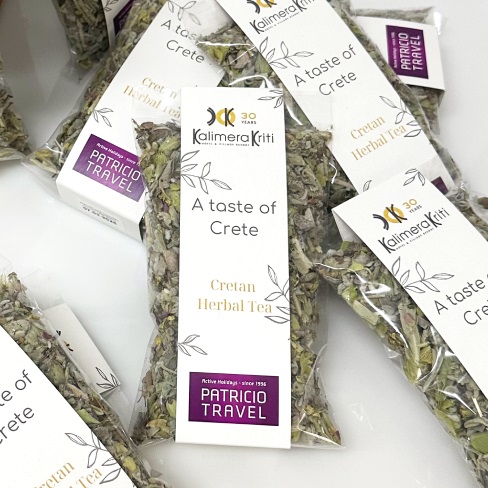Cretan Diet

Cretan diet is the core of the Mediterranean diet, widely known to be the most ideal for health preservation and longevity. The international scientific community is focused on finding a suitable diet in order to promote and secure health. Cretan diet has been a subject of study for the past years since the majority of the research studies has prove that Cretan cuisine is the most distinctive and qualitative example of the mediterranean diet. This fact has been known as "the miracle of the Cretan diet". The population of Crete was found to have the lowest mortality rates and specifically the lowest compared to the worldwide mortality rates of cardiovascular diseases and cancers.
A long-term study was conducted by the University of Minnesota and professor Ansel Keys in 7 countries, including Greece, in order to examine the association between dietary habits in various regions with diseases such as cancer and heart disease. The research started on 1956. Fifteen years later, 1971 the results were announced and they showed that Crete was last on death rates due to the diet and lifestyle of Cretans.
Cretan diet is based on products that the island's soil offers in abundance. Cretan dishes contain plenty of vegetables, greens, nuts, legumes, fruits and herbs from the mountains of the island, accompanied with wine from the local vineyards. The fundamental nutritional element is olive oil, the main source of vegetable fat.
Olive oil is the keystone of the Cretan and Mediterranean diet and it is used almost in every dish replacing butter or any other kind of oil used in different regions of the world. The nutritional value of olive oil is remarkable as it is the most powerful antioxidant of nature, thus it protects the body from oxidation and the development of free radicals that cause serious illnesses.
The Mediterranean climate and the good soil composition of Crete allow olive trees not only to flourish everywhere, both in the lowlands and in the mountainous areas, but also to produce top quality olive oil.
The fact that Cretans live longer and have low rates of disease outbreaks seems to be directly linked to being the worlds most frequent consumers of olive oil.
The positive results of the studies, unfortunately refer to previous generations of Cretans. Things have changed regarding to dietary habits of the new generation of Cretans (as well as other Greeks). The traditional dietary habits and the lifestyle have been completely altered. Nowadays only a few characteristics of this diet are preserved.
High obesity rates and the main causes of death that are directly related to our poor diet lead to the conclusion that it's an urgent need to raise awareness of people, especially children, and turn to a proper diet that promotes healt and quality of life.






































